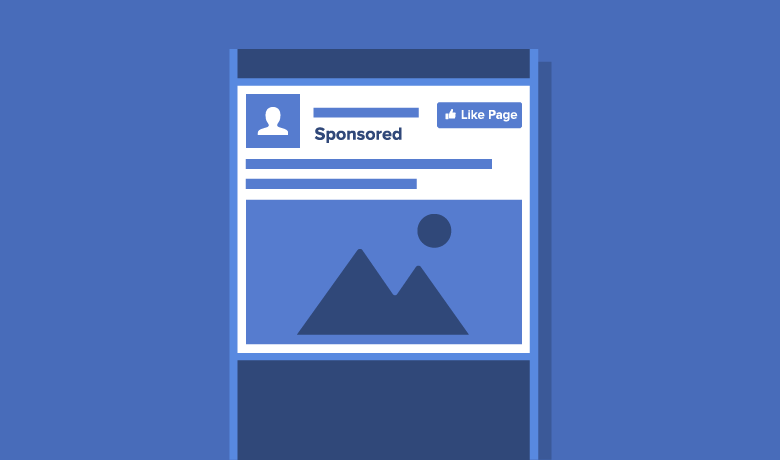On Tuesday, April 10, Facebook CEO Mark Zuckerberg sat in front of a panel of United States Senators. He was there to answer questions related to the stolen data scandal with Cambridge Analytica, Facebook’s role in the scandal, and how he and the company are going to attempt to fix the problem. Regardless the direction of questioning that Zuckerberg endured and what regulations or eventualities will come out of this scandal, there has been a lot of talk around social media and Facebook’s role in our daily lives.
Here at MarketMatch, we work with our clients to develop digital strategies that will help them grow their business. Including advertising on Facebook. Since the revelation that Cambridge Analytica stole Facebook data to use for political purposes, we have fielded questions from numerous clients about the safety of Facebook and whether they should continue to advertise on this platform.
Whenever we have run into this type of question from a client, we field it by asking three questions. If any of these turns up “yes,” it’s time to pull the plug on something.
- Does this scandal have the potential to damage your brand or harm your consumers?
- Is there any information or data put at risk that would harm your consumers?
- Is continuing with this strategy going to be a negligent use of marketing dollars, resulting in a loss?
Staying the Course
With this particular event, we have counseled all of our clients to continue with the strategy we have put in place. In fact, we have continued to onboard new digital clients and start-up Facebook advertising campaigns.
Why? Simple. Facebook’s not going anywhere.
In a video produced by Vox, they do a great job of articulating why Facebook isn’t going anywhere. Social media as a whole has done a fantastic job of connecting humans all over the planet. It has so much a part of the fabric of our life that we cannot do without it.
Research has shown that people on Facebook don’t even really like Facebook that much.
Other studies, one mentioned in the video, notes the effects on users after quitting Facebook for a week. Users self-reported emotions such as anger, sadness, depression, and loneliness all decreasing after quitting the social network for one week.
Becoming the Product They Sell
From Facebook’s point of view, their users are the product they are selling. We, as users, are able to use the network free of charge in exchange for valuable commodities. Our personal information, likes, dislikes, interests, and habits. Our data. Therefore, Facebook doesn’t actually care if you like being on Facebook. They only care that you use Facebook and that everyone else does, too.
And they’re really good at making sure we come back time and time again to use it.
It’s the network effect. Facebook has created a platform in which its users can check in with people that matter to them (or, if you want to check up on a person who you claim doesn’t matter to you…), follow along with products, companies and brands that they love, and do it all with frightening ease. It’s the path of least resistance. And we, as humans, are almost always interested in that path over others.
Another reason that Facebook isn’t going anywhere? Its sheer size and complexity that it has built. At over 2 billion users, 65 million companies and over 5 million advertisers present on the network, there would have to be an exodus (or migration) not ever seen before to stop Facebook from being relevant. In fact, there isn’t a social network platform that is similar enough in features and benefits to take its place.
Unchanged by Regulation
There may be some regulatory issues as a result of this scandal that ultimately limit the amount of targeting information available on Facebook for advertisers. However, I firmly believe that it will not be enough of a limiting factor making advertisers turn away from using the platform. Facebook is simply too rich in consumer data, especially compared with any “next-best” advertising options.
Until there is enough of a user or engagement drop-off with Facebook users, the social network will continue to be a viable place to spend advertising dollars to reach a targeted audience. When that turning point takes place, however, I anticipate that digital advertising will have already moved on to new ways of reaching consumers, having already made Facebook advertising irrelevant.


